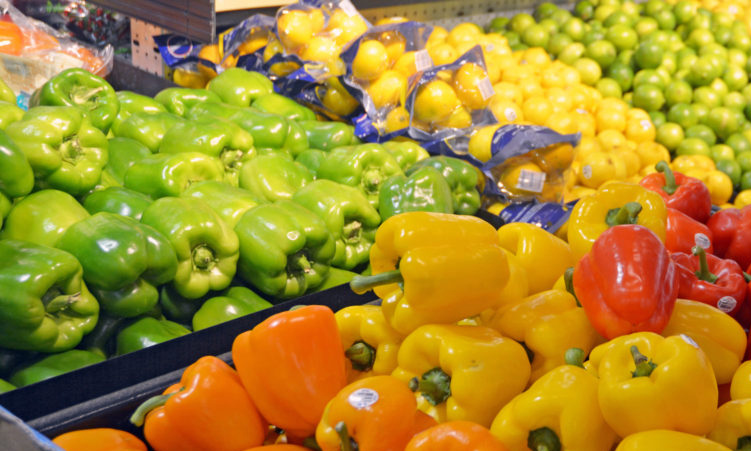Long before green hydrogen became a fad, the Namibian government promised to make the country a logistics hub nation by 2025, i.e. next year.
So, when fuel taxes are increased to get money for our roads (up by 25 cents to N$2.23 a litre), as announced this week, we should ask what happened to developing sustainable industries centred around providing logistics, goods and services to southern Africa?
Don’t get us wrong. Namibia still has the best roads on the continent. Authorities should try to maintain that status.
But are hiking fees – which put road users increasingly under pressure – sustainable, and the only way to build and maintain our roads?
Lest we forget, Windhoek was the cleanest city in Africa. Alas, Namibians boast no more.
Windhoek has been increasing rates and taxes every year. Similarly, the municipal services and maintenance of infrastructure needles have moved in the painful direction of a higher cost of living.
The City of Windhoek has struggled to stem service deterioration, despite paying themselves top-notch salaries and a myriad of allowances.
It is worth pausing to ask how best to ensure Namibia’s roads don’t follow the same route.
By some estimates, Namibia has spent more than N$30 billion on roads in about 10 years.
Governing politicians and bureaucrats like to point to Namibia’s roads as proof that they are developing the country. Surely, the Nujoma, Pohamba, Geingob and Mbumba highways are there for all to see and touch?
Yet, the ever-growing number of Namibians living in poverty and joining the unemployment ranks tell a different story.
Have we stopped to ask: At what cost and to whose detriment is Namibia massively expanding its roads? Do we really need intricate double lanes that can accommodate four vehicles parallel?
Was it worth borrowing billions to set up so many undercarriages, overpasses and a labyrinth of bridges around Windhoek, Walvis Bay, Swakopmund and Henties Bay, in a desert nation with an annual average rainfall of 400mm?
It was undoubtedly worth it for the few who have been enriched, as well as the corrupt officials whose palms were greased.
What is the rationale for this type of spending if the Etosha and Sossusvlei roads are among those in a deplorable state, despite the high economic returns of tourism for the country?
A ‘vision’ was set out more than 10 years ago: “To transform Namibia as a whole nation into an international logistics hub for the Southern African Development Community region by 2025.”
With three months left, are we too optimistic to doubt that we are not even out of the starting blocks?
A logistics hub would have focused on railways to take trucks off our roads so that they last longer; seaports were to be improved, so goods could go from Walvis to Lüderitz by sea daily; airports were to function better to avoid the congestion now experienced by oil hunters.
Unfortunately, other countries don’t stand still. Angola has been building infrastructure (the Lobito Corridor) to the extent that the United States (US) president is visiting there and not bothering with Namibia.
We fool ourselves with cheap political talk that the Americans favour Angola and Botswana because they have been “bought” by “imperialists”.
Superpowers like China, the US and Europe are simply advancing their own interests to get the supply of resources their populations need now and in the future.
Meanwhile, Namibia is rapidly falling behind by spending scarce billions of tax dollars on vanity projects like the Geingob Highway to Windhoek’s international airport.
Even if the idea of ‘A Logistics Nation’ was not viable, we still need to review our singular focus on roads. The government should devise a holistic transportation system (drones, cycling, pedestrian pathways, driverless vehicles, conventional motors, railways…).
Failure to take such an approach is a fast route to losing Namibia’s status as the country with the best road system, because relying on forever pushing up road user charges is not sustainable.
Stay informed with The Namibian – your source for credible journalism. Get in-depth reporting and opinions for
only N$85 a month. Invest in journalism, invest in democracy –
Subscribe Now!






